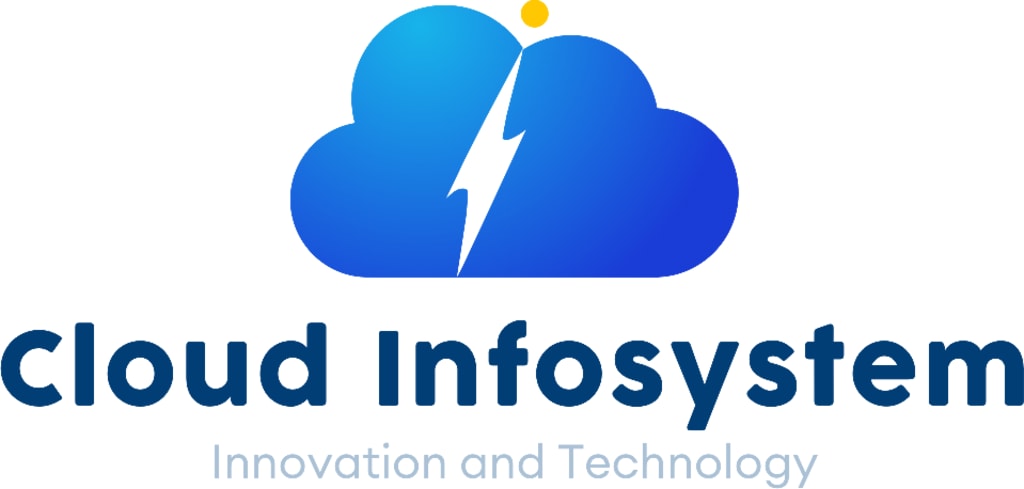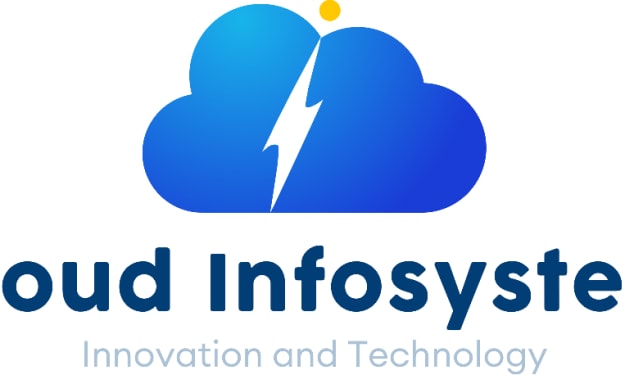Driving Organizational Success: Key Factors for Implementing HRMS Software
HRMS Solutions

Introduction:
In today's fast-paced business environment, organizations are increasingly recognizing the value of HRMS (Human Resource Management System) software in managing their human capital effectively. Implementing HRMS software can revolutionize HR operations, streamline processes, enhance employee experience, and drive organizational success. This article delves into the main factors that organizations should consider when implementing HRMS software, providing insights into the benefits and considerations for making an informed decision.
Streamlined HR Processes:
One of the primary factors for implementing HRMS software is the opportunity to streamline HR processes. By automating and centralizing tasks such as employee onboarding, attendance tracking, leave management, performance reviews, and payroll processing, organizations can save significant time and resources. Manual processes are prone to errors, delays, and inefficiencies, which can be mitigated with HRMS software. By digitizing these processes, HR professionals can focus on more strategic initiatives, such as talent management and employee development.
Data Management and Analytics:
Effective data management is crucial for making informed HR decisions. HRMS software provides a centralized database for storing employee information, enabling organizations to effectively manage and analyze data. With robust reporting and analytics features, HR professionals can gain valuable insights into workforce trends, performance metrics, and talent management. These insights can inform strategic decisions related to recruitment, training, succession planning, and performance improvement. HRMS software also supports compliance by maintaining accurate records and facilitating statutory reporting.
Compliance and Regulatory Requirements:
Adhering to labor laws and regulatory requirements is essential for organizations. HRMS software can automate compliance-related processes, reducing the risk of non-compliance and potential penalties. It helps in tax calculations, benefits administration, and statutory reporting, ensuring accuracy and timeliness. The software can also track and manage employee certifications, licenses, and training requirements, ensuring compliance with industry-specific regulations. By automating these processes, organizations can focus on maintaining legal and ethical standards, mitigating risks, and fostering a positive work environment.
Enhanced Employee Experience:
An exceptional employee experience is critical for attracting and retaining top talent. HRMS software often includes self-service portals, empowering employees to access and update their personal information, apply for leave, view payslips, and access training materials. This self-service functionality improves communication, reduces administrative burdens, and increases employee satisfaction. HRMS software also facilitates effective communication channels between employees and HR professionals, enabling prompt responses to queries and concerns. By streamlining HR processes and providing employees with user-friendly tools, organizations can enhance engagement, productivity, and overall employee experience.
Talent Acquisition and Management:
Effective talent acquisition and management are essential for organizational growth and success. HRMS software offers modules for recruitment and applicant tracking, making it easier to attract, assess, and onboard new talent. These modules streamline the hiring process, automate resume screening, facilitate interview scheduling, and track applicant progress. Once hired, the software assists in performance management, career development, and succession planning. Organizations can set goals, track performance metrics, identify skill gaps, and provide targeted training and development opportunities. By aligning talent management strategies with organizational objectives, HRMS software helps organizations nurture and retain top performers, fostering a culture of continuous growth.
Integration and Scalability:
Organizations should consider the compatibility and integration capabilities of HRMS software with existing systems and applications. Seamless integration ensures efficient data flow between HRMS and other business applications such as payroll systems, accounting software, and enterprise resource planning (ERP) solutions. This integration minimizes data duplication, reduces manual data entry, and enhances overall system efficiency. Additionally, scalability is a critical factor to consider. As organizations grow and evolve, their HR needs may change. Choosing an HRMS software that can accommodate growth, adapt to evolving requirements, and integrate with future technologies is essential for long-term success.
Cost and ROI:
While implementing HRMS software involves upfront costs, organizations should consider the long-term return on investment (ROI). By automating manual processes, reducing administrative overhead, and improving HR efficiency, the software can lead to significant cost savings and productivity gains. HRMS software streamlines operations, improves accuracy, and enhances decision-making capabilities, ultimately contributing to organizational profitability. It is crucial to evaluate the costs, benefits, and potential ROI of implementing HRMS software based on the organization's unique needs, size, and growth trajectory.
Conclusion:
Implementing HRMS software can be a transformative step for organizations, enabling them to streamline HR processes, leverage data-driven insights, enhance employee experience, and drive organizational success. Factors such as streamlined HR processes, data management and analytics, compliance and regulatory requirements, enhanced employee experience, talent acquisition and management, integration and scalability, as well as cost and ROI, should be carefully considered when choosing and implementing an HRMS solution. By making an informed decision and leveraging the capabilities of HRMS software, organizations can optimize their HR operations and effectively manage their most valuable asset—their people.
For Free Software Development Consultation for Your Business:
Call Us Today at: +91 98152 01602
Visit: Zoho CRM Help|Salesforce CRM|CRM customization Service
Mail To: [email protected]





Comments (1)
Thank you for this insightful article on the key factors for implementing HRMS software. It's a comprehensive guide that covers all the crucial aspects businesses need to consider when making such an important transition. I also came across another fantastic article that complements this topic perfectly: https://www.cleveroad.com/blog/hrm-software-development/. It provides even more depth on HRM software development, making it an excellent resource for those looking to dive deeper into the subject. Your article is a valuable contribution to the HRMS community, and I appreciate the effort put into sharing this knowledge. Great work!